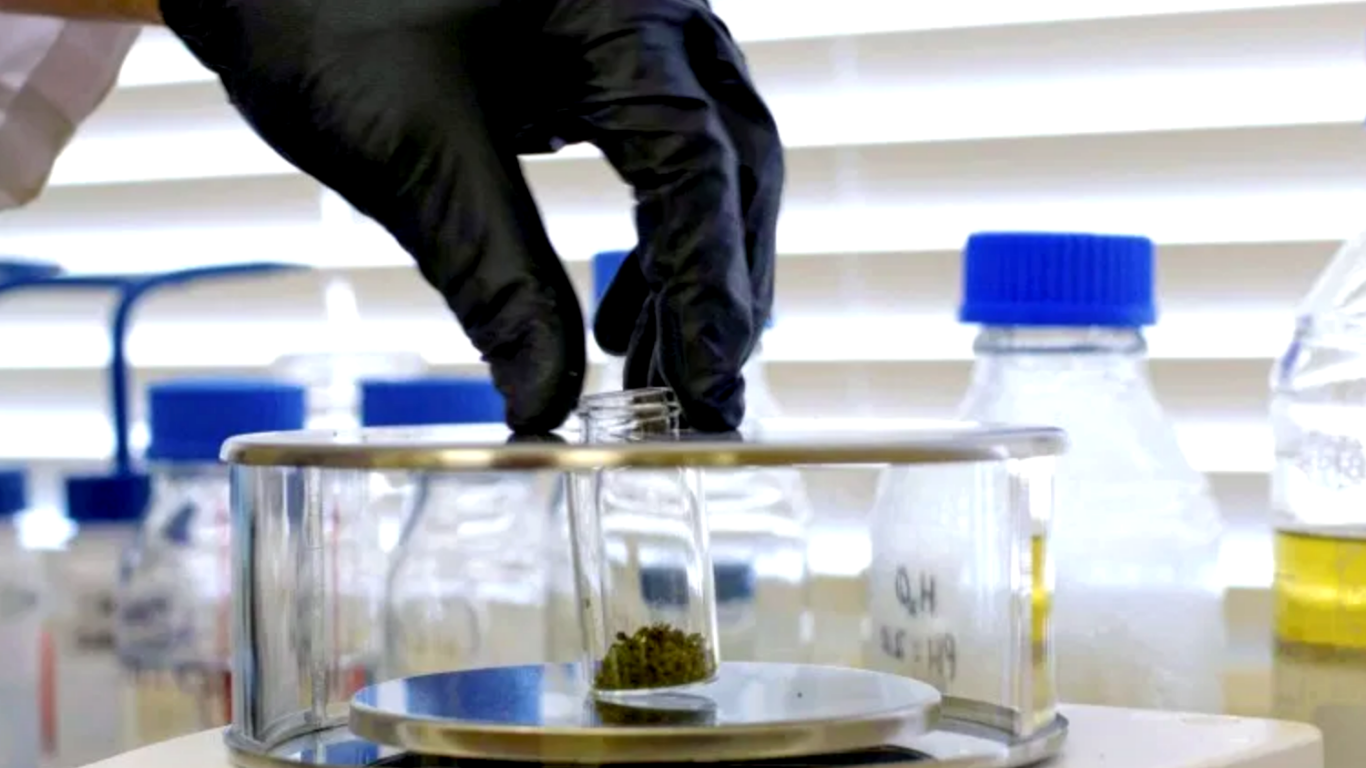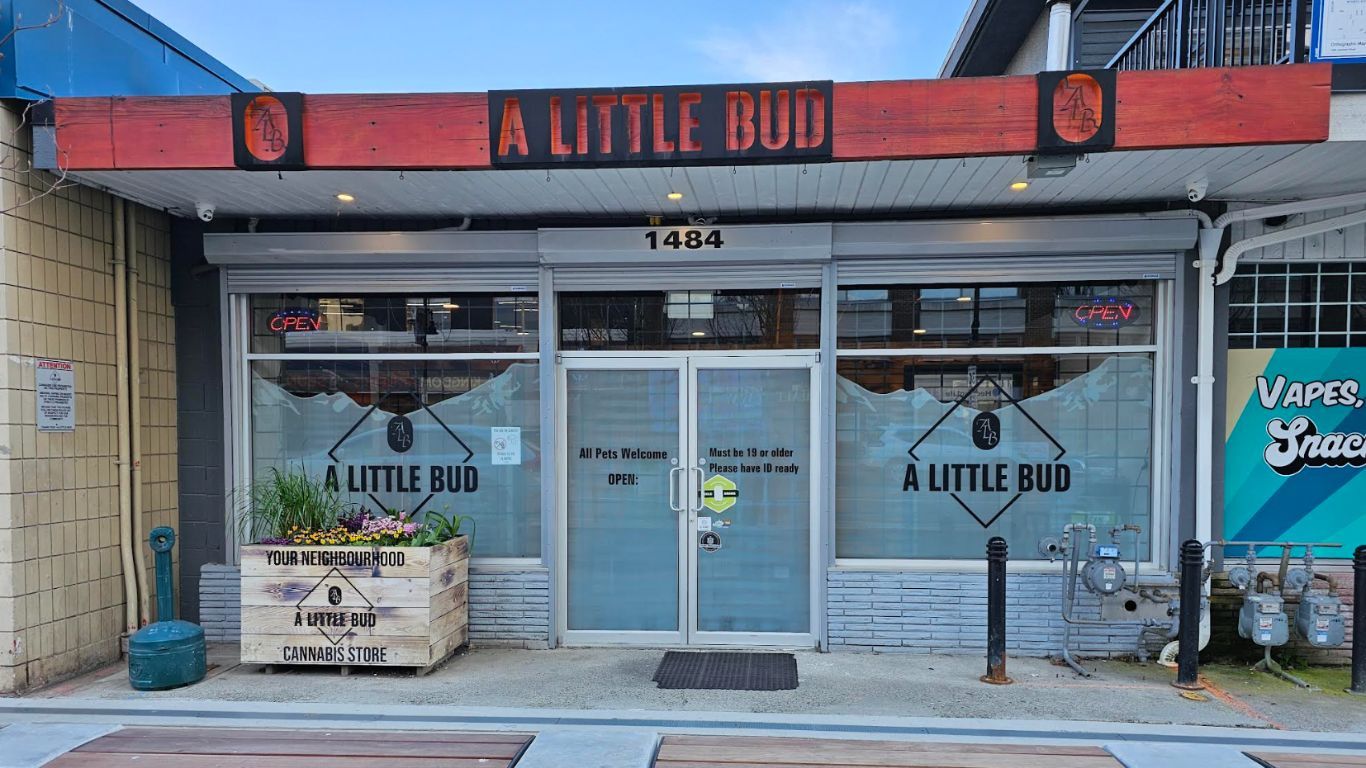
Health Canada says they collected 138 cannabis samples in 2020 to verify chemical (including cannabinoid), microbial, and pesticide results.
Of the 138 samples collected, 109 samples have been tested and confirmed to be acceptable, with the remaining 29 samples still pending analysis, the regulator has confirmed in an email to StratCann.
Such sampling of retention samples for further analysis are part of inspectors’ toolkits in instances where critical non-compliances are found during an inspection. Such inspections can typically look to verify records summarizing testing protocols, method validations, third-party testing facility attestations, established specifications and tolerance limits, as well as Certificates of Analysis (CoAs) to ensure the results provided in the CoAs are within the limits established by the licence holder.
Health Canada says they have not mandated any product recalls based on any of the sampling activities undertaken in 2020. There were at least seven public product recalls of cannabis in 2020, six for errors with labeling and one for a concern with the instability of THC levels in a beverage.
A representative for Health Canada also confirms that they did not conduct any inspections of analytical testing laboratories in 2020. Citing a risk-based approach in regard to protecting public health in regard to how they use their resources, labs were identified as not being a priority.
There has been growing complaints from consumers and industry over the validity and accuracy of results from analytical testing labs and licence producers, largely around the validity of cannabinoid levels.
In 2020 a group of patients took several licensed producers to court over what they say were inaccurate amounts of THC or CBD in various medical cannabis products compared to what was on the label, and more recently one licensed producer has called out another for questionable THC levels on some of their dried flower.
However, in terms of public health, such variances in cannabinoid levels is likely seen by the regulator as a relatively low risk compared to other issues such as the risk presented by biological impurities like various moulds or other bacterias. The fact none of the public recalls of product in 2020 were due to biological impurities potentially speaks to a greater level of enforcement on this end, as opposed to inaccurate or misleading cannabinoid levels, such as inflated THC levels. And none were in relation to edible cannabis products with inaccurate cannabinoids.
There were at least four public recalls of cannabis oils in 2019 for inaccurate cannabinoid levels. There have been two recent recalls this year of cannabis edibles (gummies) due to the presence of mould.
Such recalls would be based on either customer or supply chain complaint, or the licence holder or inspector discovering the problem. Inspections of labs would be a secondary step beyond testing of the end product. However, a more consistent testing standard could allow consumers to have greater trust in the advertised THC and CBD and even terpene levels in their dried flower.











